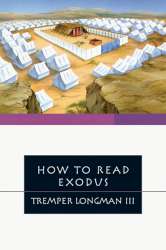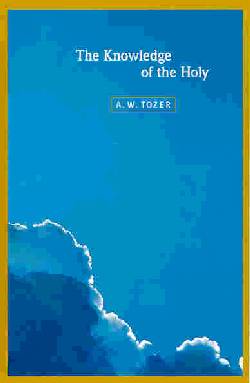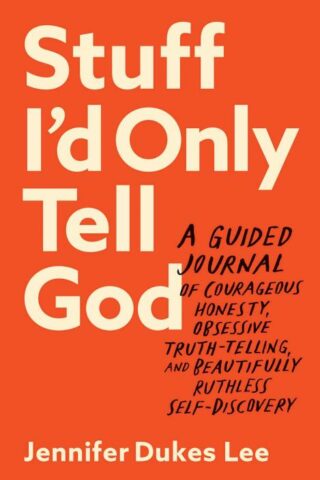How To Read Exodus
$23.99
Tremper Longman provides a box-seat guide to Exodus, discussing its historical backdrop, sketching out its literary context, and developing its principal themes, from Israel’s deliverance from servitude to Pharaoh to its dedication to service to God.
in stock within 3-5 days of online purchase
SKU (ISBN): 9780830838585
ISBN10: 0830838589
Tremper Longman
Binding: Trade Paper
Published: September 2009
How To Read
Publisher: InterVarsity Press
Print On Demand Product
Related products
-
Drawing Pad : Available From Anchor
$4.99Games and Toys
Additional Info
This generously sized drawing pad provides a clean sheet for every creative whim. Premium white bond paper is ideal for pencils, crayons, markers, chalk, watercolor or poster paints.Add to cartin stock within 3-5 days of online purchase
-
Goodnight Moon (Anniversary)
$18.99SKU (ISBN): 9780060775858ISBN10: 0060775858Margaret Brown | Illustrator: Clement HurdBinding: BoardsPublished: September 2005Publisher: Harper Collins Publishers
Add to cart2 in stock
-
Fire Cat
$3.99Pickles is a young cat with big paws and big plans. But all he can find to do is chase other cats, until he is adopted by the local firehouse.
Knowing that this is his chance to do big things, Pickles works hard to be a good fire cat. He learns to jump on a fire truck. He learns to help put out a fire, and he even helps out in a rescue!
Beginning readers will cheer when Pickle’s dream finally comes true.
Add to cart1 in stock
-
Knowledge Of The Holy
$15.99Informative and inspiring, The Knowledge of the Holy illuminates God’s attributes–from wisdom, to grace, to mercy–and shows through prayerful and discussion, how we can more fully recognize and appreciate each of these divine aspects. This book will be treasured by anyone committed to the Christian faith. It bears eloquent witness to God’s majesty and shows us new ways to experience and understand the wonder and the power of God’s spirit in our daily lives.
Add to cart1 in stock
















Reviews
There are no reviews yet.